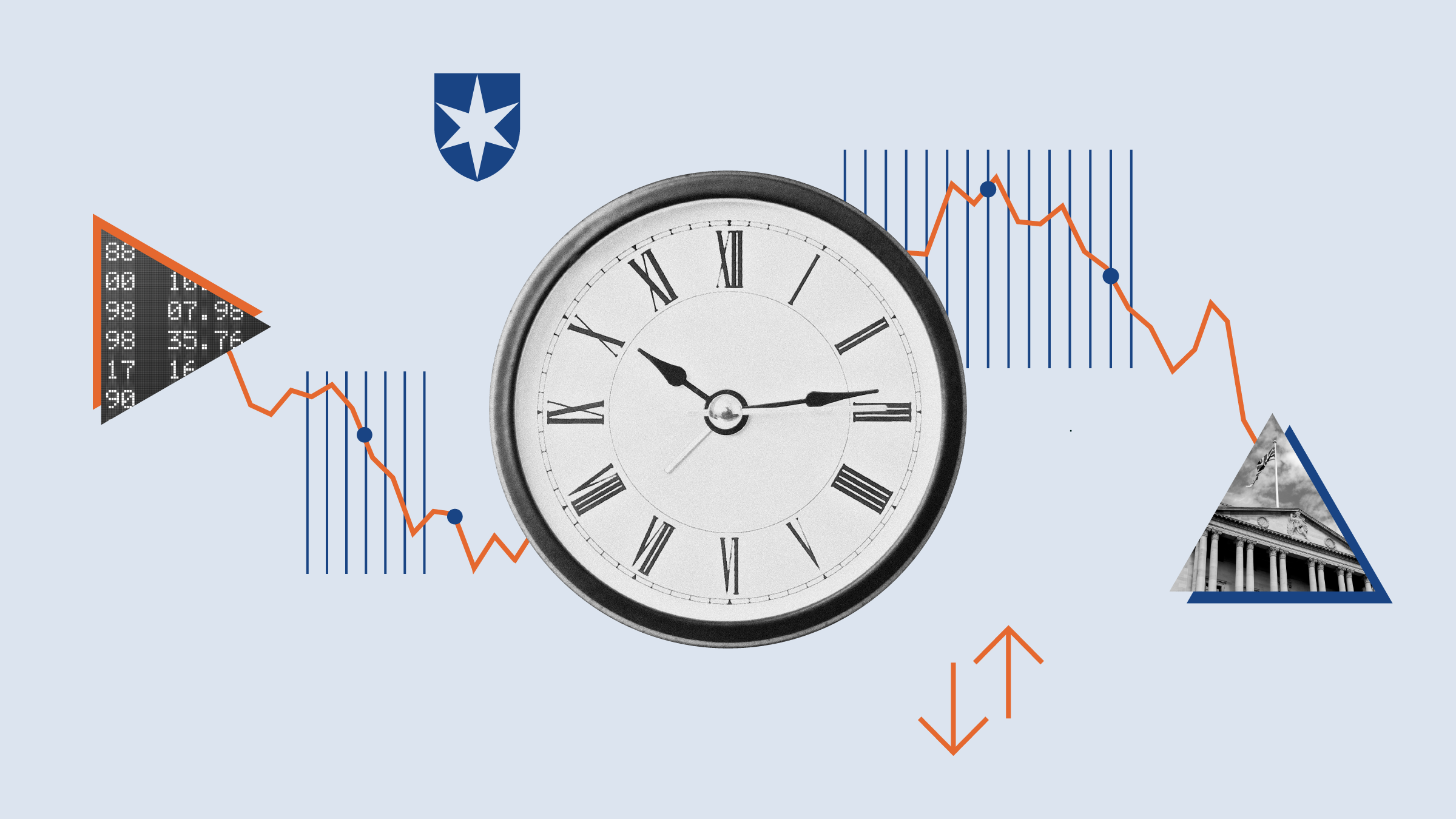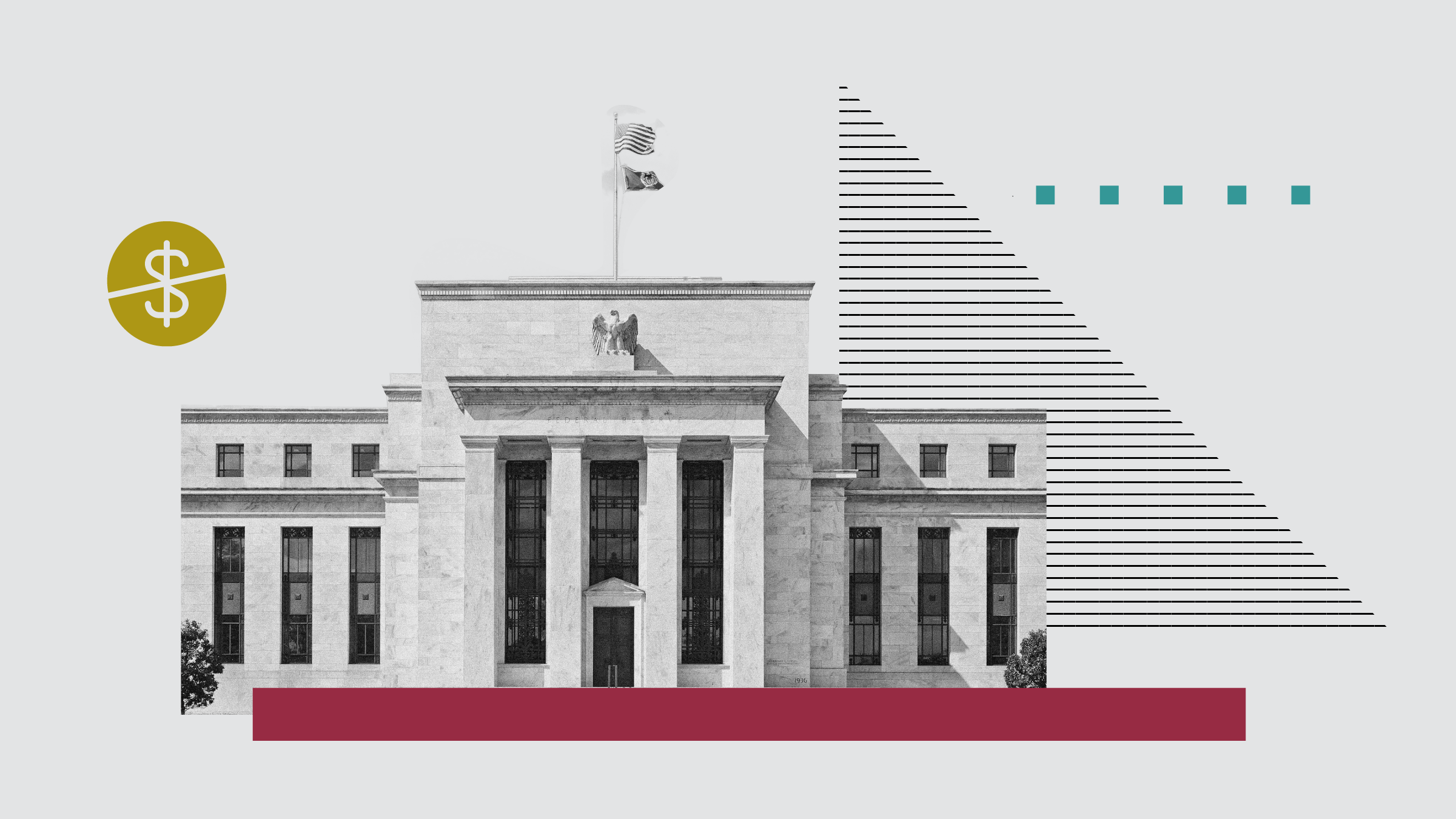It is a recurring theme of this column that investors should buy on the dips, especially when the market is going sideways as the London Stock Exchange has done for several months. I hope readers took that advice and bought shares this week while the chance was there.
For once I was able to follow my own advice, having the cash, the time and the inclination at just the right moment. So I topped up my holding in ![]() Royal Dutch Shell B (RDSB) shares (the A shares are for the Dutch, the B for the British) at below £21. As it happened, I didn’t catch the bottom but there is no way you can be sure of doing that. I did at least have the pleasure of seeing the shares back above my buying price and I look forward to additional dividends in future.
Royal Dutch Shell B (RDSB) shares (the A shares are for the Dutch, the B for the British) at below £21. As it happened, I didn’t catch the bottom but there is no way you can be sure of doing that. I did at least have the pleasure of seeing the shares back above my buying price and I look forward to additional dividends in future.
The main cause of the dip, and the subsequent bounceback, was the much reported political stand-off in Washington, where the government is running out of money. It is important to remember that this fight between Republicans who form a majority in the House of Representatives and the Democrat president, is going to continue even if the current argument is settled, which is nowhere near to being achieved.
The Republicans have offered to agree to raising the debt ceiling – the maximum amount that the US government is allowed to borrow – but this concession does no more than buy more time in a dispute where buying time is the only agreement that never gets reached.
President Barrack Obama’s team estimate that the current ceiling of £16.7 trillion will be breached by the end of next week. The Republican offer of an extension to 22 November buys another six weeks.
Past experience suggests that little if anything will be achieved in the first five weeks of the extension, after which the crisis will resume with a renewed fall in share prices. This could continue, to a greater or lesser extent, all the way through to the mid-term elections in November 2014 when all seats in the House of Representatives are up for election. Another Republican victory would inflict two more years of impotent government on the world’s largest economy.
Do not assume, even in jest, that no government is good government. Remember John Major’s increasingly powerless five years up to 1997.
Until this impasse is broken, which cannot happen unless the Republicans drop their demand for a delay in Obamacare (the alternative of Obama caving in is too horrendous go contemplate, whatever your views on ‘socialist’ healthcare), further economic damage will be inflicted. It is estimated that each week of the government shutdown is taking 0.3% off US economic growth. I can’t vouch for the figure but clearly some damage is being done.
I shall therefore not be chasing shares any higher. There is a risk that a deal will be struck and shares will soar but the odds are with the pessimists.
Royal Mail Shares are Lost in the Post
Having decided, as I reported last week, not to subscribe for shares in Royal Mail (RMG) I had an attack of collywobbles as stories of untold riches emerged in the run-up to the deadline. So let’s get this in perspective.
You could have got £750 worth of shares and may be able to sell quickly for £1,000. Nice work but not a life-changing experience. And as private investors are always last to get their share certificates, many may find that the best profits have already been cashed in as the euphoria fades.
In any case, subscribers to privatisations tend to hang onto their shares rather than take profits so it is long term considerations that matter most. Indeed, had I gone for Royal Mail shares I would certainly not be taking a quick profit. I would be hanging on for the proceeds of the asset stripping to be dished out in dividends. After that will come the government subsidies to keep the letter deliveries going.
All in all, it is a lousy deal for the taxpayer but when the profits roll in now and the subsidies will be dished out by a future government who cares? I do not often put principle before profit when it comes to investing but this all leaves a nasty taste and I am not even convinced that the postal service has a long term future anyway.
Sticking with Glaxo, Despite the Rating
One company that missed out on the initial surge this week was pharmaceutical giant ![]() GlaxoSmithKline (GSK), one of the main components of my portfolio. Credit Suisse downgraded the shares to ‘underperform’, meaning that it expects them to do less well than the market generally.
GlaxoSmithKline (GSK), one of the main components of my portfolio. Credit Suisse downgraded the shares to ‘underperform’, meaning that it expects them to do less well than the market generally.
In my view every balanced portfolio should have a pharmaceutical company in it and I will stick with Glaxo, which yields an attractive 4.9%. One alternative, ![]() Shire (SHP), offers a yield of only 0.5% and its price/earnings ratio is far more demanding. Yet Credit Suisse rates Shire as ‘neutral’, one notch up from Glaxo. I can’t see the logic.
Shire (SHP), offers a yield of only 0.5% and its price/earnings ratio is far more demanding. Yet Credit Suisse rates Shire as ‘neutral’, one notch up from Glaxo. I can’t see the logic.
If I were buying now, however, the one I would probably go for is ![]() AstraZeneca (AZN), with a yield of 5.7% and a P/E of only 10. The shares are well down from their 12-month high.
AstraZeneca (AZN), with a yield of 5.7% and a P/E of only 10. The shares are well down from their 12-month high.
Don't Forget...
I will be speaking as usual at the London Investor Show at Olympia on Friday October 25 on the topic of investing for recovery. After three years of helping less experienced investors to cope with recession and economic rollercoasters it will be a welcome change to take a more positive line.
Use the promo code 'Morningstar' when registering to receive your complimentary ticket. Please do also come and talk to us informally if you attend. This is a really thriving show supported by the London Stock Exchange and well worth a visit.
Rodney Hobson is a long-term investor commenting on his own portfolio; his comments are for informational purposes only and should not be construed as investment advice.






























